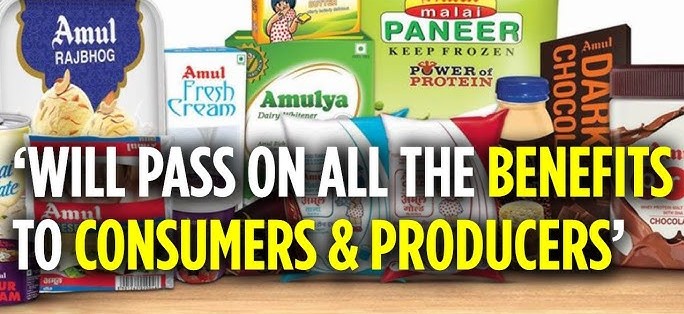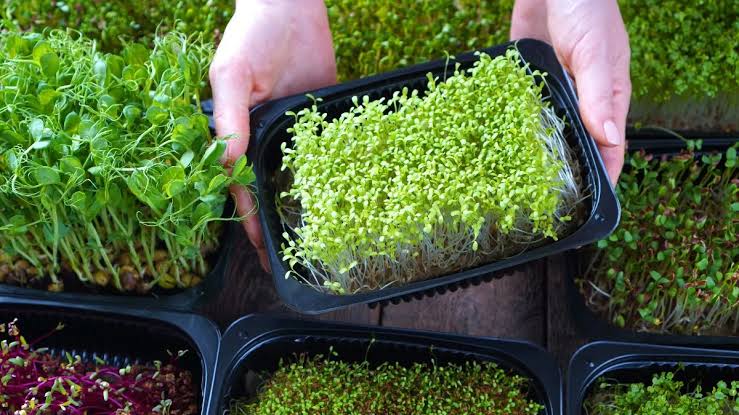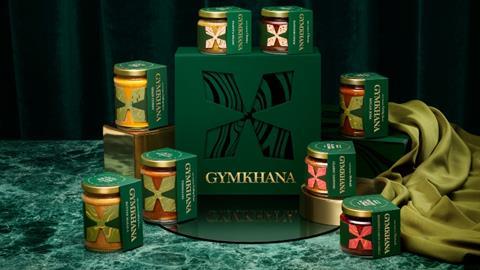
Follow WOWNEWS 24x7 on:

In a move that could reshape India’s dairy landscape, Amul has announced it will fully pass on the benefits of recent Goods and Services Tax (GST) reductions to both consumers and producers. Managing Director Jayen Mehta confirmed that the cooperative will ensure lower prices for buyers and higher earnings for farmers, following sweeping tax reforms introduced at the 56th GST Council meeting held on September 3, 2025.
This announcement comes at a time when affordability, rural income, and food security are under the spotlight. Here’s a comprehensive look at what this means for India’s dairy economy:
Key Highlights from Amul’s Statement
- Half of Amul’s product portfolio now falls under the zero percent GST bracket, while the remaining is taxed at just 5 percent
- The GST cuts apply to a wide range of dairy items including paneer, cheese, butter, ghee, UHT milk, and ice creams
- Amul will transfer the full benefit of these cuts to consumers through reduced retail prices
- Farmers will see improved realisations, with a larger share of consumer spending flowing directly to producers
Impact on Consumers
- Prices of popular dairy products are expected to drop by 5 to 10 percent, making essentials like butter and paneer more accessible
- With packaged dairy gaining traction in urban and semi-urban households, the price drop is likely to boost consumption across demographics
- The timing aligns with festive season demand, offering families more value for money on everyday and celebratory purchases
- Lower prices could also encourage healthier eating habits by making nutritious dairy options more affordable than processed alternatives
Impact on Producers
- Amul’s cooperative model already ensures that 80 to 90 percent of consumer payments go directly to farmers
- With GST savings, this proportion is set to rise further, enhancing rural incomes and supporting over 36 lakh farmer families in Gujarat alone
- Buffalo milk currently fetches ₹60–64 per litre, while cow milk averages ₹40–45 per litre—rates that are expected to remain stable or improve
- The move also discourages adulteration and tax evasion, strengthening the organised dairy sector and protecting farmer interests
Industry Growth and Expansion
- Amul has tripled production capacity in several segments and plans to expand it seven to eight times by the end of the financial year
- Per capita dairy consumption in India remains low, with only one in ten people consuming butter and one in twenty eating cheese
- The GST cuts are expected to unlock massive growth potential, especially in value-added categories like flavored milk, frozen desserts, and cheese spreads
- The cooperative anticipates double-digit growth in sales, building on last year’s 11–12 percent increase and strong momentum in the first half of 2025
Broader Economic Implications
- The GST reform complements recent income tax reductions, putting more disposable income in consumers’ hands
- This dual benefit is expected to stimulate demand not just for dairy, but across the food and beverage sector
- By making the organised sector more competitive, the reform could lead to better compliance, reduced black-market activity, and improved food safety standards
- The ripple effect may also encourage other cooperatives and FMCG players to adopt similar consumer-first pricing strategies
Conclusion
Amul’s decision to pass on GST benefits is more than a pricing adjustment—it’s a strategic move that reinforces its commitment to both ends of the supply chain. By making dairy more affordable and farming more rewarding, the brand is setting a precedent for inclusive growth. As festive season spending kicks in, this could be the beginning of a new chapter in India’s dairy story—one where every spoonful supports a farmer and every rupee stretches a little further.
Sources: CNBC TV18, Republic World, The Hindu Business Line, The Tribune India, ANI News, NewKerala.com





